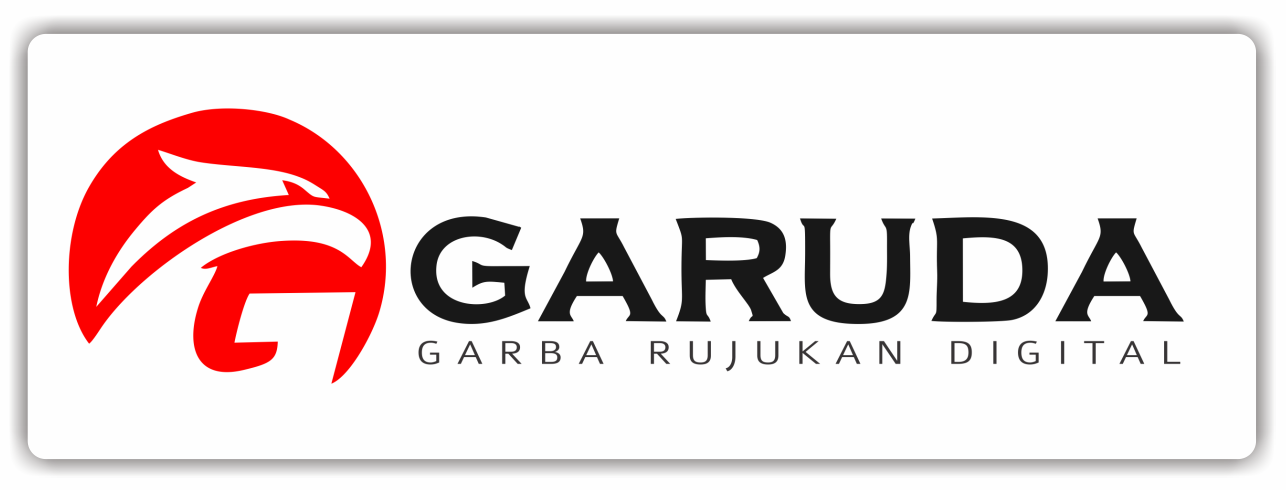AUTHOR GUIDELINES
Author Guidelines
- Articles submitted to the Journal should normally be between 4,000 to 7,000 words or between 12-20 pages with one and half space in A4 paper size and should be accompanied by an abstract of not more than 300 words, containing the importance of the topic, the gap between theory and practice or between reality and expectation, or lacks of studies, objectives of the present study, method, findings, and conclusion.
- On the abstract, explicitly write in bold: Introduction, objective of the papers, method, findings, and conclusion.
- Below the abstract, about three to five keywords should appear together with the main body of the article with the font size 11.
- The Journal operates a peer review process and promotes blind reviewing. To facilitate this process, author’s names (without academic titles), institutional affiliations, and the email address of the corresponding author should appear only on a detachable cover sheet.
- Articles can be written in Bahasa Indonesia or in English in one and hlaf space, usingMicrosoft Word, font size 12, Times New Roman, top and left margin 3 cm, bottom and right margin 2.54 cm, printed in Letters.
- Insert a header on even page indicating name of the Journal, Volume, Number, month, and year, and page number of the publication. On odd page, insert the author(s) and a few words of the title of the articles.
- Write the main body of the article in two columns, except for tables and figures. Use first line indent of 1 cm, but no indent for first paragraph right after the main title and first paragraph after subheadings.
- Block citation should be 1 cm indented with the font size 11.
- For research-based articles, the outline used is: introduction (without heading or subheading), method, findings and discussion, conclusion, and references.
- The title should be less than 12 words, capitalized, centered, with font size 14.
- The introduction should consist of the background of the study, research contexts, literary review, and research objective. All introductions should be presented in the forms of paragraphs, not pointers, with the proportion of 15-20% of the whole article length.
- The method section consists of description concerning the research design, data sources, data collection, and data analysis with the proportion of 10-15% of the total article length, all presented in the form of paragraphs.
- The findings and discussion section consist of description of the results of the data analysis to answer the research question(s) and their meanings seen from current theories and references of the area addressed. The proportion of this section is 40-60% of the total article length.
- The conclusion section consists of the summary, restatement of the main findings.
- Use only horizontal lines when using tables. Put table number and the title of the table on top of it.
- Every source cited in the body of the article should appear in the reference, and all sources appearing in the reference should be cited in the body of the article.
- The sources cited should at least 80% come from those published in the last 10 years. The sources cited are primary sources in the forms of journal articles, books, and research reports, including theses and dissertations. Citations from journal should be at least 80% of the total references cited.
- Citation is done using bracket (last name and year of publication). When the sources are cited verbatim, page number is included (p. 78 or pp. 78-89).
- Quotation and references follows APA style.
Submission Preparation Checklist
As part of the submission process, authors are required to check off their submission's compliance with all of the following items, and submissions may be returned to authors that do not adhere to these guidelines.
- The submission has not been previously published, nor is it before another journal for consideration (or an explanation has been provided in Comments to the Editor).
- The submission file is in OpenOffice, Microsoft Word, RTF, or WordPerfect document file format.
- Where available, URLs for the references have been provided.
- The text is one and half space; uses a 12-point font; employs italics, rather than underlining (except with URL addresses); and all illustrations, figures, and tables are placed within the text at the appropriate points, rather than at the end.
- The text adheres to the stylistic and bibliographic requirements outlined in the Author Guidelines, which is found in About the Journal.
- If submitting to a peer-reviewed section of the journal, the instructions inEnsuring a Blind Review have been followed.
















